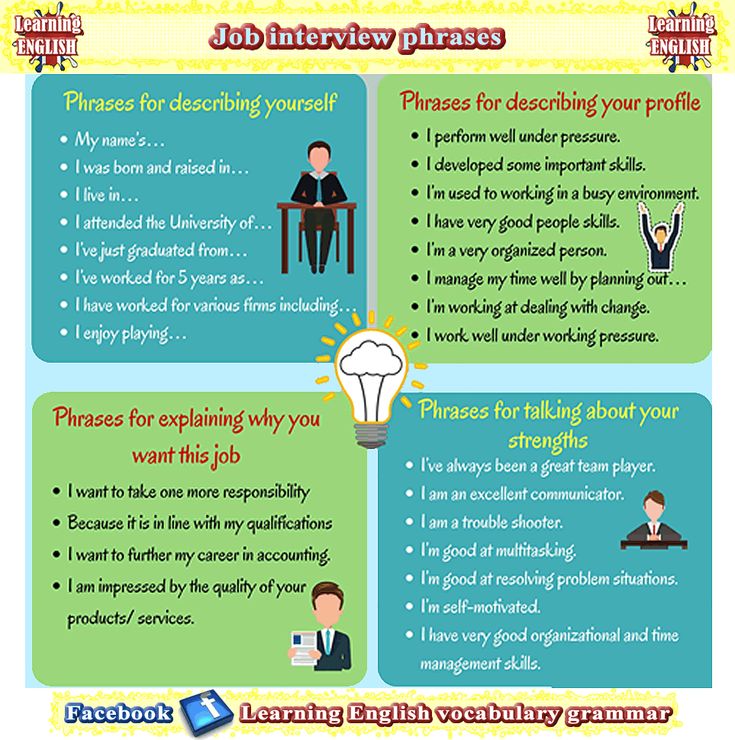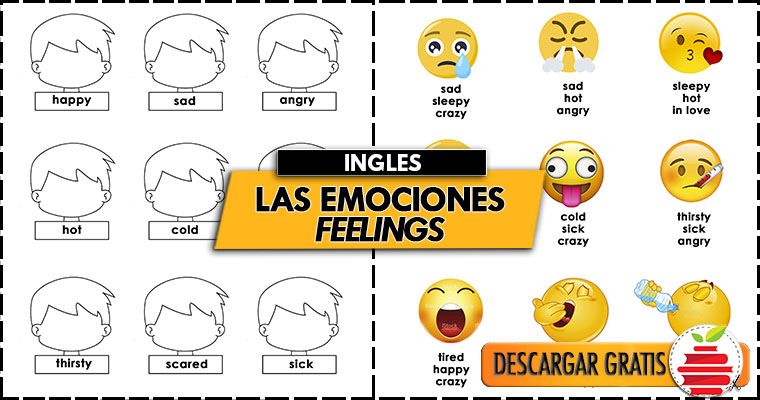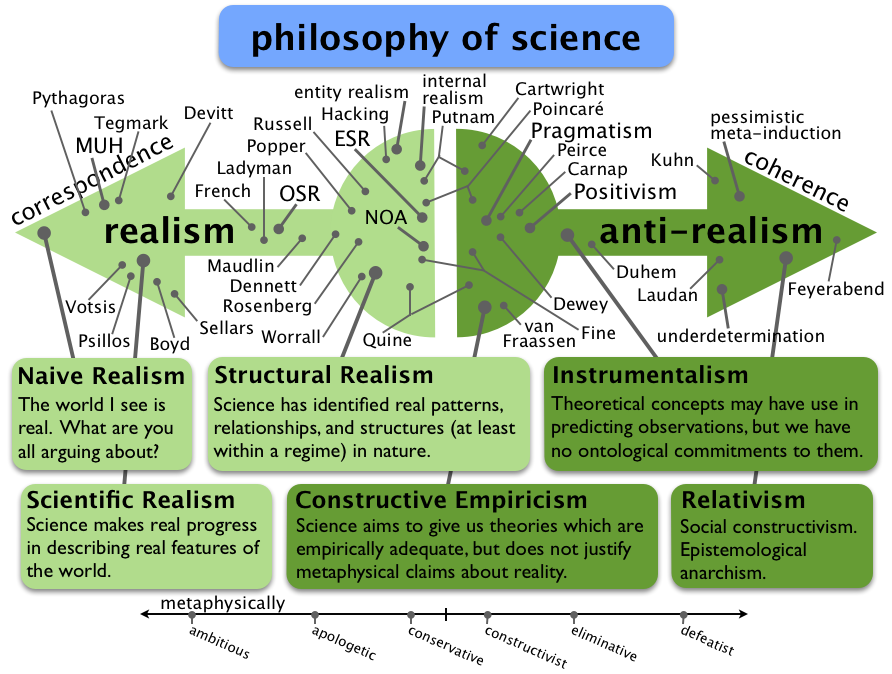Why do people feel empty
Feeling Empty? Here's What It Could Mean and How To Stop It
That feeling of emptiness. It’s right there in your chest, yet you’re unsure how it came about. Is it sadness? Melancholy? Boredom? It may be a little of everything.
Feeling this way is not uncommon. You might call it “feeling empty,” while someone else might call it something different.
What matters the most is that it’s real, valid. Although overwhelming, it can be managed.
Uncovering what’s lying underneath this emptiness feeling might not be a straightforward process, but it’s possible and a recommended first step toward resolution.
The feeling of emptiness might last a few days and then resolve on its own.
Other times, it might linger for two weeks or longer. When this is the case, learning to recognize cognitive distortions and seeking the support of a mental health professional can help.
Feeling empty can sometimes manifest as a sense of loneliness, confusion about your life and goals, or lack of motivation to pursue anything in life.
Everyone might feel this void in their heart from time to time.
The experience could have many causes, including shifting hormonal levels, losing a job, or the required physical distancing that comes with a pandemic.
Any life stage or situation that may require you to reflect on yourself and your life might also lead to a temporary feeling of emptiness.
Although not in every case, feeling empty could also signify some mental health conditions, such as depression, bipolar disorder, or post-traumatic stress disorder. Only a mental health professional can diagnose your condition accurately.
Losing touch with yourself
It’s not unusual for someone to lose touch with themselves once in a while. A lack of insight into yourself may lead to that lingering emptiness feeling.
Some people call this “living without a purpose.” It means that you might not have clarity on the type of person you are or the one you want to become.
Not having specific goals or dreams to achieve can also lead you to feel empty.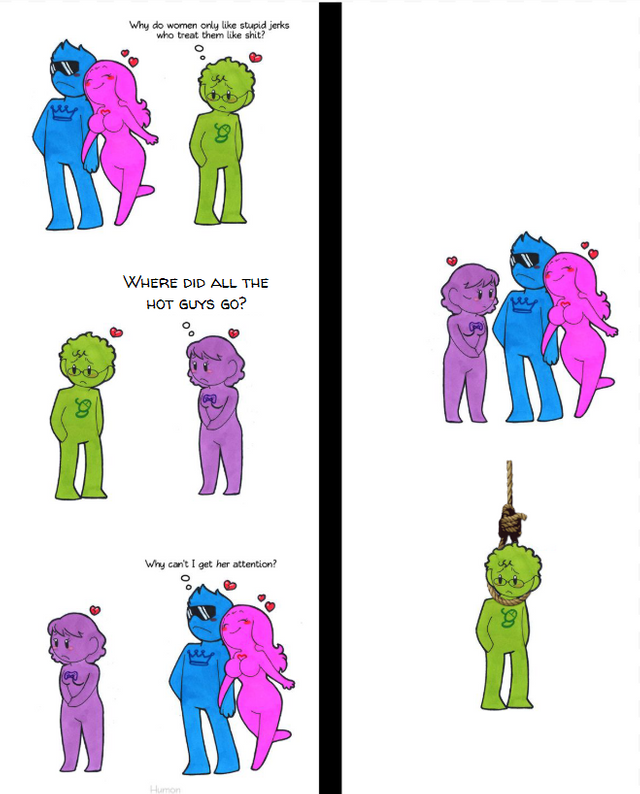
Losing touch with yourself can come from many circumstances. For example, a consuming relationship or a demanding job.
Unresolved past experiences
Sometimes, feeling melancholy might have to do with a long grieving process that you haven’t explored yet.
For example, an unresolved painful experience in your childhood or a sense of abandonment from a family member.
When we don’t openly talk or explore emotions that have been with us for a long time, they might manifest in other ways.
Even if it feels overwhelming and painful, thinking and talking about significant past events that caused you grief may help you process them. Depending on how strong you feel about these events, going through the process with a mental health professional is highly advisable.
Not taking care of yourself
For some people, taking care of others might come first. This could lead them to put their own needs aside for a long time. This, in turn, may lead to feeling empty.
You might feel that making others happy makes you happy, too. Even if this is the case, it’s important to consider that supporting others is not exclusive of supporting yourself.
Everyone needs support and care, including you. Often, when your needs are fulfilled, you become better equipped to help and support others, too.
Abandoning yourself, not listening to your own hopes and desires, could make you feel empty, explained Kaitlyn Slight, a marriage and family therapist in Durham, North Carolina.
Not taking care of your needs can lead to anxiety, guilt, and shame, Slight said. These symptoms might be what you call “feeling empty.”
How much time you spend on social media might also affect how you feel and could fuel the feelings of emptiness.
In many instances, accounts you follow on social media might portray a lifestyle that’s not realistic or a perfect life or appearance. This could lead you to compare yourself and inevitably underscore your life.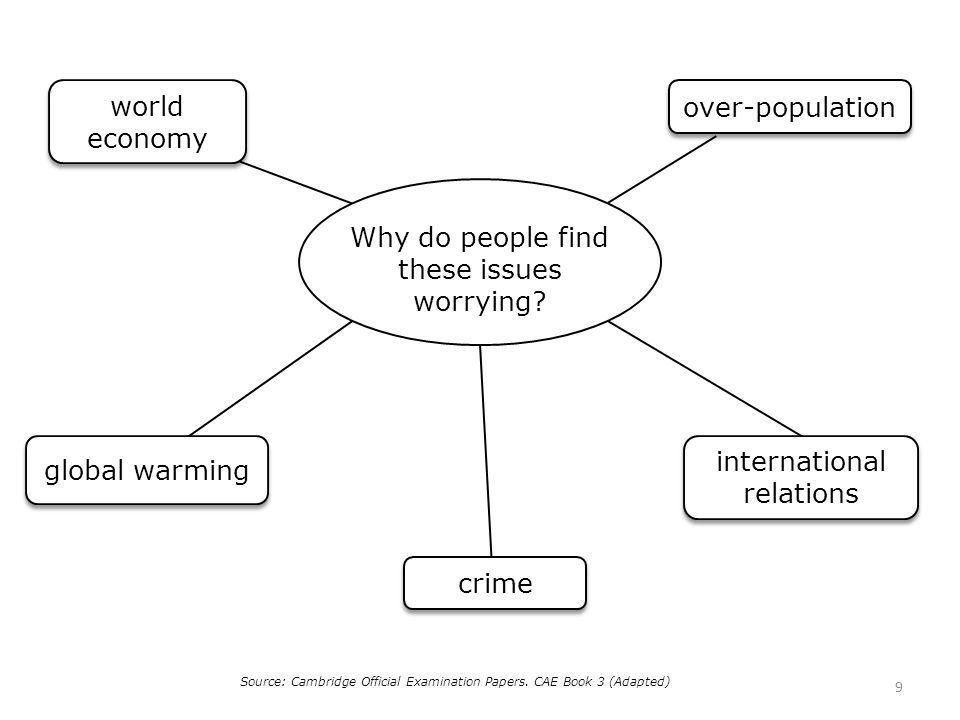
Not having significant relationships
The Harvard Study of Adult Development, one of the longest studies about adult life, has found that maintaining close and good relationships is the most important aspect of the human experience.
This means that it’s not about how many relationships you have but rather the quality of these relationships.
Emotional intimacy, support, active listening, and company are all important. When these are missing in your life, it could lead to feelings of emptiness and loneliness.
Depression is a mental health condition that involves many symptoms including:
- lacking energy and motivation
- persistently feeling sad
- feeling hopeless
- sleeping too much or too little
- not being able to focus
- not being able to enjoy activities or people
- feeling guilty or worthless
A feeling of emptiness or numbness could be another sign of depression, according to Ashley Eder, LPC, a psychotherapist in Boulder, Colorado.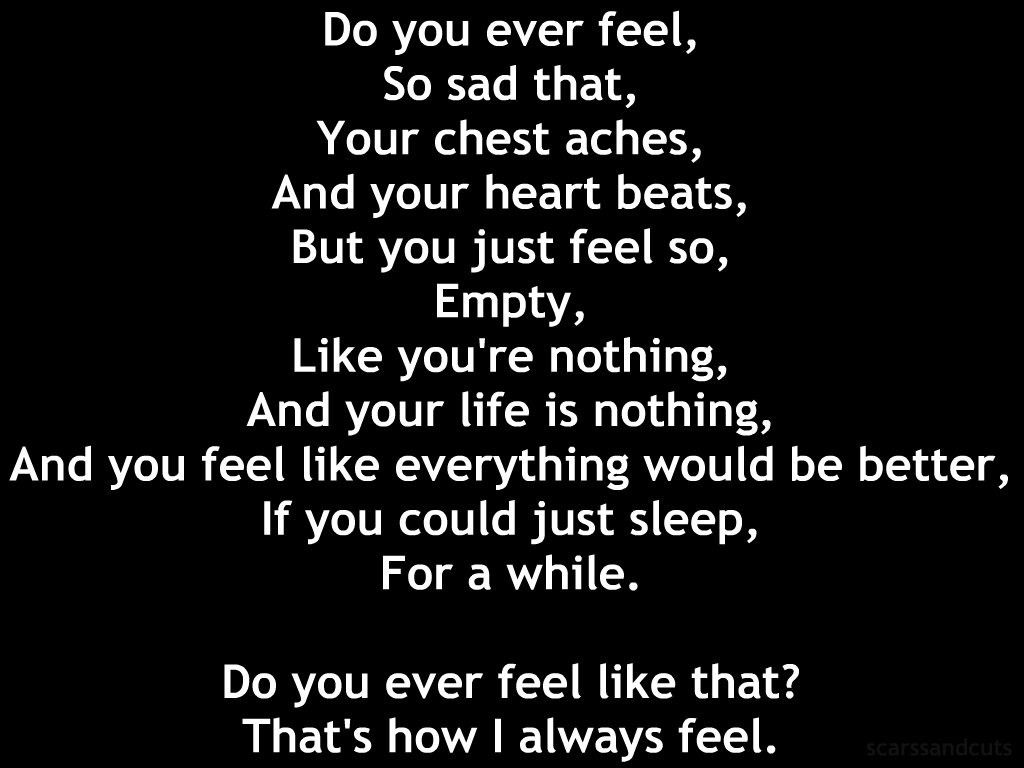
In fact, some of Eder’s clients who live with depression report feeling empty instead of sad, she said.
“This kind of empty feeling comes with not caring about much, not being interested in things, not feeling fueled by anything in particular,” Eder explained.
Feeling empty is not always a sign of depression, though. The only person who can diagnose your condition accurately is a mental health professional.
It’s natural to feel concerned if you’ve noticed a change in yourself. Recognizing this feeling and addressing it is the first step toward feeling better.
If you’re feeling empty, seeing a mental health professional can help.
A therapist could help you work through your feelings, uncover the cause of the numbness, and address it in a way that works best for you.
Finding ways to stop feeling empty may depend on what’s causing it.
For example, if you feel numb after trauma, you might need to process this particular event. If you’ve felt empty for a long time, psychotherapy can help you unveil some of the reasons that led you here.
You can read about the different types of hopelessness here
Gently acknowledge the emptiness
If you’re experiencing emptiness that’s more like a gaping hole, acknowledge it, and be gentle with yourself, said Eder.
Remember that you’re doing the best you can at any given moment. Feeling guilty is not uncommon, but it might stop you from seeking help.
Begin by recognizing your own feelings and needs. Even if challenging, try to avoid dismissing yourself and what you feel.
If you acknowledge that your feelings are linked to a loss you experienced, consider allowing yourself time and space to grieve openly. Grief looks and feels different to everyone, and there are no right or wrong ways to do it.
Once you’ve acknowledged your losses, you might go through five stages of grief.
Maybe the loss involves someone leaving your life physically or emotionally.
Eder suggested speaking to yourself with compassion when exploring these feelings and past experiences. For instance, you might say: “It’s been hard to feel so lonely,” or “You’re right; you did need more love.”
For instance, you might say: “It’s been hard to feel so lonely,” or “You’re right; you did need more love.”
Save time for yourself every day
It’s natural to sometimes turn to certain events or activities to not think about how you feel. For example, you might feel inclined to go out with friends or spend the night playing video games.
Slight suggests you fight the urge and instead save time to be with yourself and look within. This may include exploring your own desires, fears, hopes, and dreams, she said.
Because different activities work for different people, you might find that meditation, writing, or exercise helps you refocus yourself.
“It may feel uncomfortable at first, but the more you practice devoting time and energy to yourself and caring for yourself, the less present those empty feelings will be,” Slight said.
Explore your current feelings
Eder suggested setting a timer for 5 minutes and noticing what you’re feeling right now.
“It doesn’t have to be earth-shattering,” she explained.
You might want to write “bored” or “distracted” or “curious.” If you’re having a hard time naming your feelings, Google “feelings list,” she suggested.
It also can help to pick one part of your body, such as your hand or head. Eder recommended to then “scan for various categories of sensation like temperature, tension or movement.”
Practicing these exercises every day can help you open yourself to deeper and longer self-explorations.
You can read more about somatic exercises for anxiety here
Explore your feelings of emptiness
Journaling might also help work on your feelings of emptiness, said Slight.
She suggested exploring the following questions as a starting point:
- Have I been judging myself or comparing myself to others?
- Do I tell myself positive things? Or do I tend to notice failures or call myself names?
- Are my feelings being considered in my relationships, or am I minimizing what I am feeling?
- Am I actively tending to my physical and health needs?
- Have I turned toward behaviors or addictions to avoid my feelings?
- Am I focusing solely on the needs of another person or people?
- What am I trying to prove or win?
- Am I blaming myself or feeling guilty about things that are out of my control?
- Am I showing myself compassion like I would with a close friend or family member?
- Am I asserting myself in my decisions and respecting my personal opinions?
Connect with others
After sitting with your feelings and exploring them, you might find it helpful to connect with others.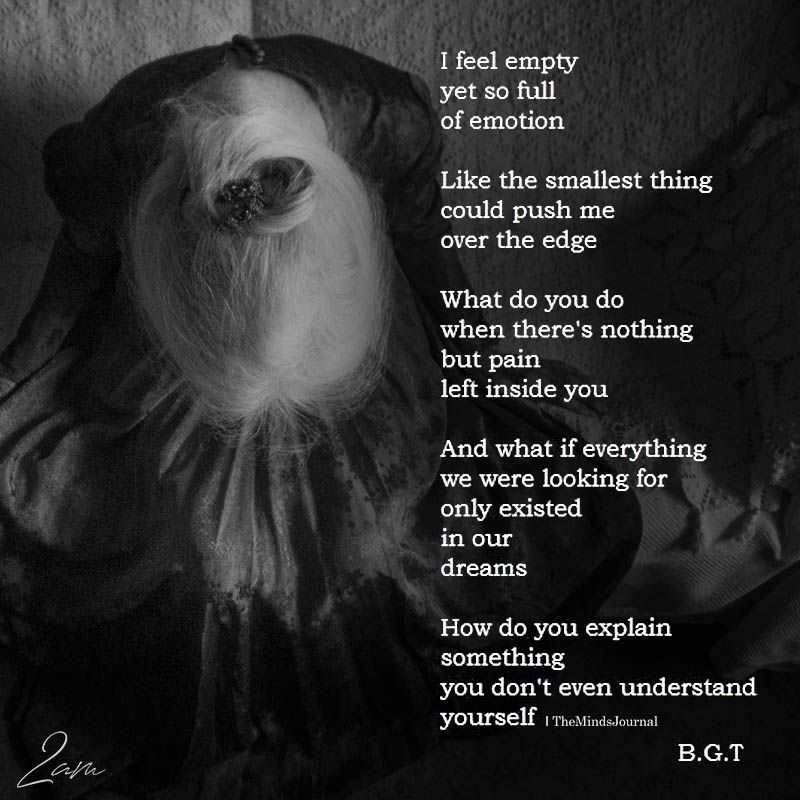
Reaching out to friends or family can help you feel better, especially if you’re able to confide in them about your feelings.
One idea is to regularly connect with loved ones through social engagements, hobbies, and mutual interests.
Practice self-care
Depression and grief might sometimes cause you to neglect daily self-care. This is not something to feel ashamed of, but engaging in acts of self-care might help you feel better.
This could include basic things, such as eating nutritious meals, getting enough sleep, and exercising. Hunger and tiredness can sometimes exacerbate negative feelings.
Consider finding positive outlets for your emotions, like journaling, a new hobby, or creative pursuit.
Mindfulness and yoga are also often recommended for depression and anxiety.
Consider a 10-minute yoga workout on YouTube or a quick meditation exercise using a mindfulness app.
You might also want to limit the time you spend on social media. This could progressively help you feel better.
This could progressively help you feel better.
If you can’t or don’t, then try reminding yourself that what you see on the screen might not be an attainable goal for anyone. You could see it as watching a science-fiction movie that’s fun to watch but not based on reality.
Commend yourself
You’re doing the best you can with the resources at hand.
Even as children, some people find ways to protect themselves from hurt. One of these ways might be repressing feelings. “In that case, give yourself credit for coming up with a solution that worked when you were small and powerless,” said Eder.
Commend yourself for all the ways you’ve come up with to cope with events in your life.
Now, said Eder, consider allowing those feelings to come out. “You have some catching up to do. And you don’t need to rush to override your old way of survival,” she added.
Sometimes, feeling empty might lead to more distressing thoughts.
If this is your case, Slight said, considering therapy can help.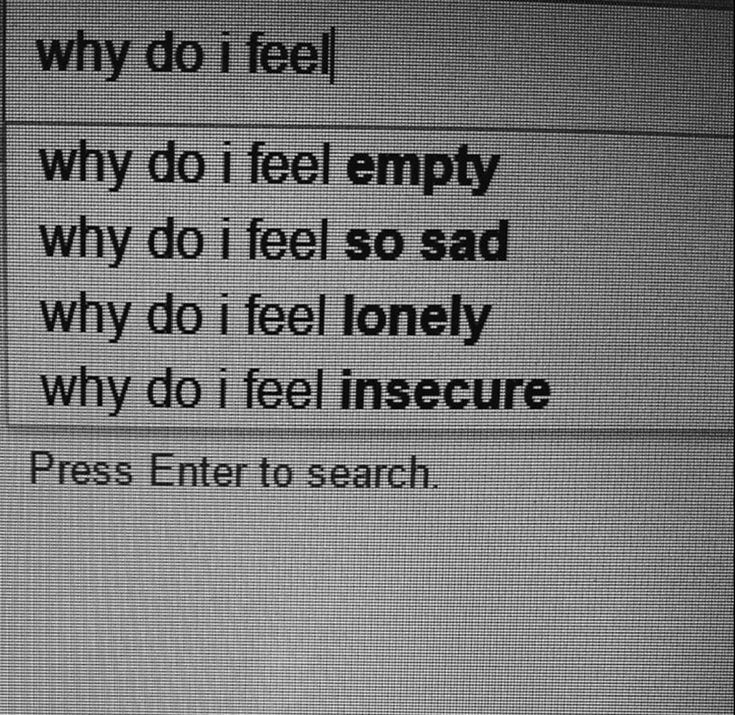 It can help “empower you to make your own decisions about how to implement positive changes.”
It can help “empower you to make your own decisions about how to implement positive changes.”
If you are experiencing symptoms of depression, unable to function in your daily life, or considering hurting yourself or others, a mental health professional can help.
If you or someone you know is considering self-harm, you’re not alone. Help is available right now:
- Call a crisis hotline, such as the National Suicide Prevention Lifeline at 800-273-8255.
- Text HOME to the Crisis Text Line at 741741.
- If you’re outside of the US, Befrienders Worldwide lists helplines in different countries.
Although it’s natural to feel empty or numb from time to time, these feelings can sometimes linger for two weeks or more.
Acknowledging how you feel and setting a few self-care strategies in place can help. Seeking professional help is also advisable.
“Whether you are experiencing difficult relationships, losses or feeling a lack of purpose or meaning, you are worthy of living a fulfilling and meaningful life,” Slight said.
Here are a few resources to take the first step to feeling better:
- American Psychiatric Association
- American Psychological Association
- National Alliance on Mental Illness
- National Institute of Mental Health
- Project Air
- GriefShare support groups
PTSD Brain Fog: Causes, Symptoms, and Treatment
The effects of trauma can linger. If you sometimes lack mental clarity and feel fatigued, you may be experiencing PTSD-related brain fog.
Post-traumatic stress disorder (PTSD) can arise after you experience a traumatic event. There are many symptoms, including nightmares, flashbacks, and panic attacks, which can occur spontaneously or when something reminds you of the trauma.
Because of its broad effects on the nervous system, PTSD can cause some less well-known symptoms, too, including dissociation, brain fog, and physical pain.
Experiencing trauma can affect your body and mind in various ways. If you’re living with the aftereffects of trauma, you might notice a slow, sluggish mental state known as brain fog getting in the way of your personal or work life.
What is brain fog?
As the name suggests, brain fog is when you’re unable to think clearly. You might experience:
- spacing out or being unable to focus
- feeling disconnected from your surroundings
- difficulty with memory
- trouble keeping up with conversations
- a short attention span
- losing your train of thought
- feeling disoriented
Brain fog isn’t a condition on its own. Instead, it’s a symptom with a range of possible causes, one of which can be PTSD.
How can trauma cause brain fog?
PTSD and brain fog have something in common: inflammation. PTSD can lead to inflammation in the brain (neuroinflammation), which can contribute to brain fog.
Inflammation is a known contributing factor to physical health problems like cancer and heart disease — so it’s no surprise that PTSD-related neuroinflammation can lead to brain changes, as reported in a 2020 review.
The National Center for PTSD describes the relationship between inflammation and PTSD as bidirectional causal, which means the two cause or contribute to each other. They also identify a link between PTSD and autoimmune disorders, which research shows are also inflammation-driven.
They also identify a link between PTSD and autoimmune disorders, which research shows are also inflammation-driven.
Brain fog and nervous system changes
Your sympathetic nervous system responds to trauma with a fight, flight, freeze, or fawn response. This response protects you by preparing your body for action against a threat. During this response, your body releases the stress hormone cortisol.
At the right time and in the right amounts, cortisol can be extremely helpful. For example, it can give you the energy to save yourself by accessing fuel (glucose and fatty acids) in your liver.
In excessive amounts though, this stress response can lead to inflammation.
After trauma, your nervous system needs a chance to reset and return to the parasympathetic state known as “rest and digest.” This is because staying in fight-or-flight mode maintains a continuous state of stress that can wear out your body and cause unwanted health effects.
If you live with PTSD, you likely experience repeated stress responses in the form of intrusion symptoms. This means you may live with higher amounts of cortisol.
This means you may live with higher amounts of cortisol.
The elevated inflammation can occur anywhere in your body, including in your brain. This can lead to effects like:
- brain fog
- cognitive difficulties
- memory loss
Complex PTSD
Trauma-related nervous system effects are amplified in complex post-traumatic stress disorder (CPTSD). CPTSD arises from ongoing trauma, like repeated abuse. It can be current or from your childhood.
If you live with CPTSD, you are more likely to experience a continued stress response with even less recovery time.
The repeated or prolonged stress response from PTSD and CPTSD increases your circulating cortisol, which affects your immune system and causes inflammation.
According to the American Psychiatric Association (APA), PTSD symptoms fall into four categories:
- Intrusion: unwanted thoughts, such as memories and distressing dreams.
- Avoidance: refusing to talk about the trauma or avoiding people or situations that remind you of it.

- Alterations in cognition and mood: distorted or harmful thoughts, like believing you’re to blame, or that no one is trustworthy.
- Alterations in arousal and reactivity: mood shifts, potentially harmful behavior, hypervigilance, insomnia, and problems concentrating.
Brain fog is a type of alteration symptom that many people with a history of trauma experience.
You may be able to manage PTSD brain fog and reduce its effects. Self-care measures can calm your nervous system which may help you think more clearly.
Diet
Diet impacts brain function, and it helps to eat nutrient-dense food, like:
- vegetables
- fruits
- whole grains
- olive oil
- fish
- low fat dairy
The Mediterranean diet is considered beneficial for brain health. Replacing processed food with unprocessed options is another important step you can take.
If you’re feeling too overwhelmed to revamp your entire diet, making one change at a time can still help.
Sleep
Research links sleep deprivation to neuroinflammation. So, if you’re living with PTSD and you can’t get enough sleep at night, this can intensify your brain fog.
Working on improving your sleep hygiene may help. This means building habits that help you sleep, like a wind-down routine, consistent sleep-wake times, and caffeine and screen cut-offs.
Exercise
Exercise increases circulation through your body and brain, which helps delivers important nutrients to your brain. It can also help you sleep better.
The Centers for Disease Control and Prevention (CDC) recommends that adults get 150 minutes of moderate to intense exercise, plus two days of strength training, each week. You can distribute those minutes however you like, such as 30 minutes per day over five days.
If this feels like more than you can do right now, some exercise is better than none. It will still help to log more minutes even if you don’t reach 150 weekly.
Trauma-informed mindfulness
Mindfulness is a practice that can help calm your fight-or-flight response. It can help you relax and feel better.
It can help you relax and feel better.
For some people with trauma, mindfulness can trigger PTSD symptoms. If this happens to you, it may be helpful to try trauma-informed mindfulness with the help of a trained therapist.
Your nervous system responds to trauma with a protective stress response. For some people, that response is recurring or continuous, even after the traumatic event is over.
PTSD and CPTSD can make it hard for your nervous system to reset and rest. This results in persistently elevated inflammation, which can lead to brain fog.
You may be able to manage brain fog with some lifestyle interventions like dietary changes, consistent sleep, and regular exercise.
For more information about PTSD and how to manage its effects, you can visit Psych Central’s PTSD resource page.
I feel empty - a site about depression
What is emptiness? A feeling of emptiness may come to you whenever there is something you need but you cannot get it.
If you are hungry but cannot find food, you will feel hungry. The feeling of emptiness is similar to emotional hunger, when you become hungry for something that you cannot get. For example, the feeling of emptiness associated with loneliness results from the need for intimate relationships without the possibility of finding them. nine0004
Depression is one of the biggest things that makes you feel empty, and the combination of depression and emptiness can be really annoying.
The opposite of feeling empty is when you feel full. This feeling comes when you find that you have achieved most of your goals, or at least are moving in the right direction towards achieving them.
Receptionist:
Natalya Korshunova
Director of Help-psy.com,
clinical psychologist,
hypnotherapist
Make an appointment
Make an appointment - administrator
+7(495)760-13-33
Read more in the section:
Read 9020
counseling
and qualifications
How to overcome the feeling of emptiness?
To overcome feelings of emptiness, you need to identify the unmet emotional need that is causing your feelings of emptiness. nine0004
nine0004
I said earlier that the key to true happiness is the ability to understand your unmet needs and work to meet them. If I told you that there is one cure for emptiness, I would be lying, because every person can feel empty for a different reason.
Can money heal emptiness and bring happiness?
People say that money cannot buy happiness, while the real reason why a person suffering from financial instability may feel empty may be the lack of money. nine0004
For another person, money may not have any real value, but they may still feel drained by the lack of close relationships in their life.
Read more about toxic relationships: https://help-psy.com/statii/71
Overcoming emptiness can be an easy task if you understand what causes your personal emptiness. Applying some general advice and recommendation found in most sources on the Internet will not help, of course, because each person is unique. nine0004
Self-understanding and emptiness
Some of the people who say they feel empty have a self-understanding problem. Here's a simple example: if you know you're feeling bad because you didn't achieve your goals, you would say you're disappointed and not devastated.
Here's a simple example: if you know you're feeling bad because you didn't achieve your goals, you would say you're disappointed and not devastated.
In other words, people sometimes use the word "empty" to describe an emotion they cannot understand. This is why achieving greater self-understanding is a crucial step in fighting emptiness and all other unwanted emotions. nine0004
Go to the complete guide on depression, symptoms, treatment and prevention methods:
https://help-psy.com/statii/52
Psychologist, hypnologist Natalya Korshunova ©
Why a person feels empty . How to get rid of the feeling of emptiness
Wake up in the morning with the feeling that there is no reason to get up and face a new day? From time to time, every person feels a feeling of emptiness, it is not easy to get rid of it. If this feeling is persistent, then it may be a sign of an illness that is based on depression, and if you almost always feel empty, you should seek the help of a qualified psychologist.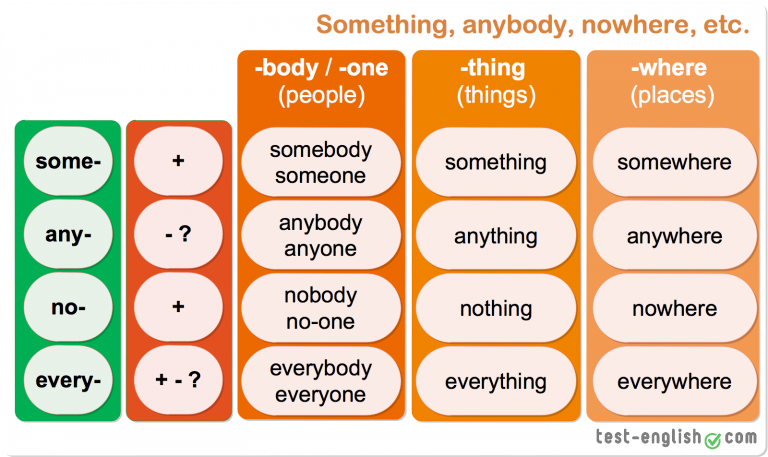 But there are means by which you can overcome the occasional manifestations of this feeling, such as keeping a diary, learning something new and making new friends. Read on to learn more about how to deal with feelings of emptiness. nine0004
But there are means by which you can overcome the occasional manifestations of this feeling, such as keeping a diary, learning something new and making new friends. Read on to learn more about how to deal with feelings of emptiness. nine0004
Steps
Fill your life with love
Spend time with those who love you. This could be your family or some of your closest friends. Time spent with those who truly know you and love you for who you are is a cure for feeling empty. Concentrate on building and strengthening your connections with these people. You can find meaning in just spending time with loved ones who feel good around you. Also, time spent with family and friends can reduce stress and give you a better sense of connection. nine0004
- Spend less time with people who put you down, even if they don't seem to be. If you are obligated to spend time around someone who harms your self-esteem or makes you feel helpless, then limit the time of these meetings.

Make new friends or start a romantic relationship. The pleasure of meeting someone with whom you form a mental connection, and the possibility that this relationship will grow into something unexpected, is a terrific antidote to the feeling of emptiness. A new friend or love interest can help you experience new experiences and show that you're an interesting person to love. Suddenly, the world may seem to you as if there is much more to it than you previously thought. Making new friendships can also help you feel a deeper sense of purpose and connection with those around you. nine0004
- Sometimes it can be difficult to make new friends and meet people, especially in your later years after you have finished school. Participating in clubs, working out in groups, or spending time at your favorite haunt are great ways to meet new people.
- Try to be more generous with your time and say yes when you are asked to do something. If you feel that you do not have time for a new relationship, they will not appear.
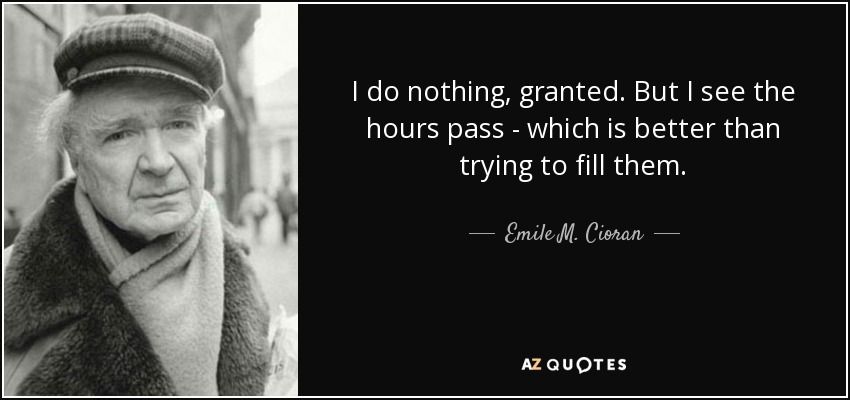
Adopt an animal. Research has shown that having a pet can make life more fulfilling, more meaningful. Those people who have their own pets suffer less from depression and can benefit from the presence of a pet in their home for their health. If you have a pet that depends on you and your care, then this will help you see your life as more meaningful. Consider adopting a local shelter cat or dog to reduce your feelings of emptiness. nine0004
Be kind. Doing unplanned acts of kindness can help you feel more important as your attention is focused on others. Look for those little things that you can use to demonstrate your kindness to other people. These acts of kindness you do will make other people feel joyful, which will help you feel meaningful.
Understand why you feel empty
-
Talk to a trusted friend about your feelings. Keeping your feelings to yourself will harm you over time.
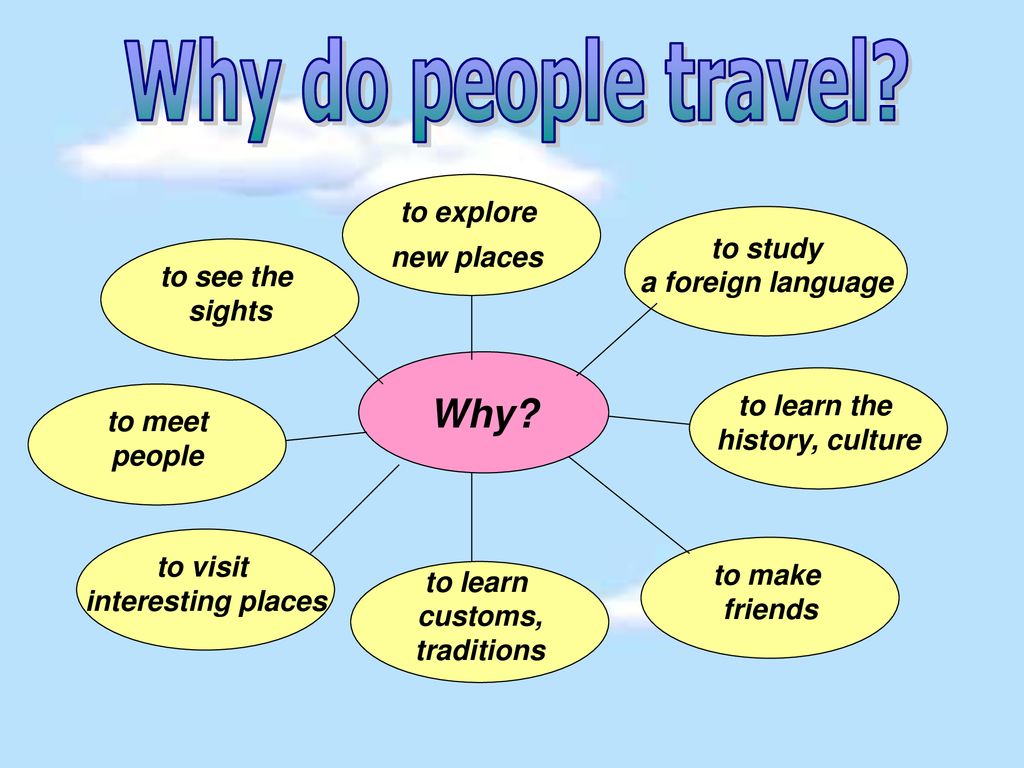 Sometimes just talking about it can belittle them or drive them away. Talk to someone who understands and cares about you, or at least someone you trust; it can make a big difference.
Sometimes just talking about it can belittle them or drive them away. Talk to someone who understands and cares about you, or at least someone you trust; it can make a big difference. Start journaling and keep track of your feelings and thoughts. Journaling can help you better understand your feelings of emptiness and is also the best way to relieve stress. To start journaling, choose a comfortable place and plan to spend about 20 minutes each day writing. You can start journaling by writing about your feelings or thoughts, or you can use a prompt. The following guiding questions can serve as clues: nine0004
- When did you first notice that you were empty? How long did this feeling last? How long do you feel empty?
- What emotions do you experience when you are in a state of inner emptiness?
- Do you tend to feel empty at certain times or in certain places? What do you notice about your surroundings when you are in the most intense state of emptiness?
- What thoughts do you have when you feel empty? nine0084
-
Watch for signs of depression.
 People experience depression in different ways, but low mood and feelings of emptiness or worthlessness are very common symptoms. Depression can come in waves when you feel fine for a while and then be in a bad mood for weeks or even months, or it can be stable. Depression is very common among people: in the US, for example, about 6.7% of adults experience major depressive disorder. Women are 70% more likely than men to experience depression. If you think you have depression, then you are not alone in this. Seek treatment from your psychologist or psychiatrist if you experience any of the following symptoms of depression: nine0004
People experience depression in different ways, but low mood and feelings of emptiness or worthlessness are very common symptoms. Depression can come in waves when you feel fine for a while and then be in a bad mood for weeks or even months, or it can be stable. Depression is very common among people: in the US, for example, about 6.7% of adults experience major depressive disorder. Women are 70% more likely than men to experience depression. If you think you have depression, then you are not alone in this. Seek treatment from your psychologist or psychiatrist if you experience any of the following symptoms of depression: nine0004 - Persistent feeling of sadness, anxiety or "emptiness"
- Pessimism and hopelessness
- Feelings of guilt, worthlessness or helplessness
- Unusual irritability or restlessness
- Changes in mood or behavior
- Loss of interest in things you used to love
- Fatigue
- Changing sleep patterns
- Weight change
- Thought of harming oneself or others
- Pain not affected by drugs
-
Determine if addiction could be a problem.
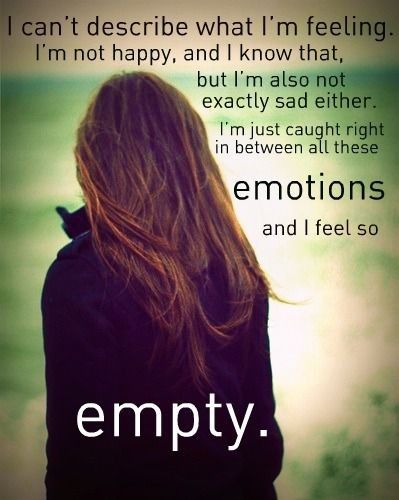 Certain substances are another cause of feelings of emptiness. Substances such as alcohol, drugs, and prescription drug abuse can cause physical dependence on them. This can have a serious impact on your mood, thoughts and behavior. Often people use these substances to fill a "hole" in their lives. If you think that you have such a problem, then you are not alone in this: in 2012, about 7.2% of the US population suffered from alcohol dependence (AD). Many others are addicted to psychoactive substances such as marijuana, stimulants like cocaine or methamphetamine, hallucinogens like LSD, drugs like heroin. If you are worried that you have such a problem, ask yourself the following questions. Over the past year you: nine0106
Certain substances are another cause of feelings of emptiness. Substances such as alcohol, drugs, and prescription drug abuse can cause physical dependence on them. This can have a serious impact on your mood, thoughts and behavior. Often people use these substances to fill a "hole" in their lives. If you think that you have such a problem, then you are not alone in this: in 2012, about 7.2% of the US population suffered from alcohol dependence (AD). Many others are addicted to psychoactive substances such as marijuana, stimulants like cocaine or methamphetamine, hallucinogens like LSD, drugs like heroin. If you are worried that you have such a problem, ask yourself the following questions. Over the past year you: nine0106 Examine your behavior to see if you have borderline personality disorder (BPD). People suffering from BPD often report feeling empty. People with borderline personality disorder experience compulsive patterns of unstable emotions and behaviors that cause exhaustion or social distress.
 People with BPD have difficulty regulating their behavior and thoughts. They are prone to reckless behavior and cannot contain their impulses. Their relationships with other people become unstable. Approximately 1.6% of US adults are diagnosed with BPD in any given year. BPD is successfully treated under professional guidance. If you are experiencing all or some of the following signs of BPD, then you should see a psychiatrist: nine0004
People with BPD have difficulty regulating their behavior and thoughts. They are prone to reckless behavior and cannot contain their impulses. Their relationships with other people become unstable. Approximately 1.6% of US adults are diagnosed with BPD in any given year. BPD is successfully treated under professional guidance. If you are experiencing all or some of the following signs of BPD, then you should see a psychiatrist: nine0004 - You go to great lengths to avoid rejection, whether real or imagined. You often believe that you will be abandoned or separated from your loved one. You react negatively, such as becoming extremely angry or fearful, even when you are temporarily apart (for example, your spouse is going to work). You are very afraid of being alone.
- You alternate between idealization and a state of obsession with the people with whom you maintain relationships. People with BPD often start their relationship by putting the other person on a pedestal, seeing them as perfect or ideal.
 After a while, you begin to think that this person does not care enough about you or participate in your relationship. Your relationship becomes unstable. nine0084
After a while, you begin to think that this person does not care enough about you or participate in your relationship. Your relationship becomes unstable. nine0084 - You have an unstable sense of your own identity. People with BPD begin to struggle with maintaining a stable sense of themselves, their identity, and self-worth.
- You are very reckless or impulsive. This is especially true when it comes to suicide. You may do reckless things such as drunk driving, gambling, drug abuse, or risky sexual behavior.
- You often think about hurting yourself and attempt suicide. You may injure yourself such as cuts, scrapes, or burns. Or you may threaten to harm yourself to draw attention to yourself. nine0084
- You often experience extreme mood swings. These swings occur frequently and are very pronounced, for example, from joy to despair.
- You constantly experience emptiness. You often feel empty, or longing, or feeling like you need to do something.
- You have trouble controlling your anger.
 Many things provoke your anger, and you react with outbursts, which may include bitterness, sarcasm, or verbal outbursts of emotion. Be especially angry if you think that someone is indifferent. nine0084
Many things provoke your anger, and you react with outbursts, which may include bitterness, sarcasm, or verbal outbursts of emotion. Be especially angry if you think that someone is indifferent. nine0084 - Sometimes you are paranoid, or you feel the "unreality" of the world around you.
-
Meditate and explore your feelings of emptiness. Meditation can help you get in touch with your feelings of emptiness and understand them better. Studies have shown that 30 minutes of meditation a day can help change the behavior and activity of the brain. To start meditating, sit in a quiet place, close your eyes, and focus on your breathing. To help yourself improve your understanding of your wholeness. nine0004
- Pay attention to how you feel at the moment. Do you feel empty or missing, such as lack of value, dignity, clarity, or lack of peace or love? Accept the fact that this feeling exists.
- Notice how empty you feel. Where in your body do you feel it? And how much space does it take up?
- Think about your emptiness.
 Does it come from memories of the past? What emotions come up when you notice this emptiness? nine0084
Does it come from memories of the past? What emotions come up when you notice this emptiness? nine0084
-
Seek help from a qualified psychiatrist. Talking to your doctor about how you feel can help you understand and begin to deal with this emptiness. Your feeling of emptiness may be indicative of depression or some other underlying condition. You should definitely seek the help of a psychiatrist if you have signs of depression, substance abuse, or BPD.
Finding meaning in everyday life nine0012
Practice awareness. Awareness means that you are fully aware of your thoughts, emotions, and current events without judgment. Research has shown significant benefits of mindfulness, including easing stress and issues with anxious feelings. Awareness can even rewire your brain's response to stress and help you interact more fully with others. Learning to be aware of your thoughts and feelings and acknowledge them without judging those emotions or yourself can help you become more calm, empathetic, and content.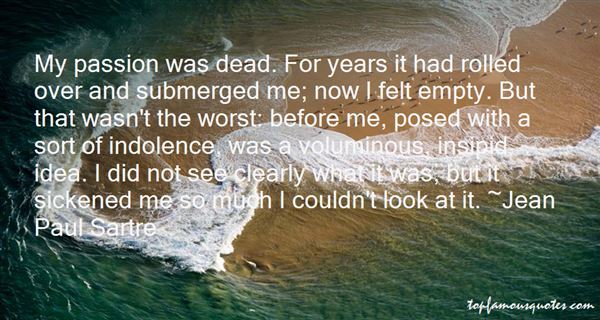 You can practice mindfulness at home, through meditation, or by attending a class. Here is an exercise to get you started: nine0106
You can practice mindfulness at home, through meditation, or by attending a class. Here is an exercise to get you started: nine0106
Do something new. If you feel empty every day, you may be stuck in a rut. What routine things and schemes can pull you down? Find a way to bring new energy into your life. Changing your daily routine, or setting aside half an hour a day for something new, can help fill that void.
- For example, if you find it depressing to get up and go to school or work every day, consider how you can make the process more interesting. Find yourself a new extracurricular activity to rekindle your excitement about school, or start volunteering for a new project at work. nine0084
- Try something that is a little outside of your comfort zone. Improving in a new area will give you something to think about and help you build confidence.
- Even small changes can make a big difference. Try a dish from a cuisine you don't know, ride your bike to work instead of driving, or start doing yoga in the morning before school.

- A change in your personal space can also help. Replace your gray curtains in the bedroom with something brighter, paint the walls a different color, clean up and bring creativity to the decor. nine0084
Follow the goals and interests that matter to you. To feel the meaning of life, you should work towards achieving those goals and interests that mean a lot to you. Don't let others control what goals you set and what interests you choose. If you're trying to achieve something that doesn't really interest you, then you may need to readjust your aspirations to make sure you've chosen the right path. nine0004
- If you are studying, consider whether you are studying what you want to study or if it was just your parents' choice.
- Other external pressures can also have a negative effect on the decisions we make. Decide if you're doing what you want to do or if it's just to look more impressive to others.
- If you find that there are forces or people preventing you from living independently, take steps to change the situation.
 As you gain more control over your circumstances, you may find that feeling of emptiness subsides. nine0084
As you gain more control over your circumstances, you may find that feeling of emptiness subsides. nine0084
Look for meaning in every day of your life. If life seems dull and monotonous, then it can help to see the beauty and meaning in small, everyday things. What makes you content and full of life? When you find something that you feel lifts you up, make it an integral part of your life. Here are some ideas on how to bring meaning to your daily routine:
Take care of yourself. Exercise, healthy food, rest and relaxation are important components of a meaningful life. When you take care of yourself, you send signals to your brain that you are worthy of care and that your life has value. Remember to make sure you make enough time to meet your basic needs for exercise, nutrition, sleep, and relaxation. nine0004
- Set a goal of exercising for half an hour each day.
- Eat a balanced diet of healthy foods such as fruits, vegetables, whole grains, and lean meats.

- Sleep 8 hours a day.
- Set aside at least 15 minutes a day for yoga, deep breathing exercises, or meditation.
There is no energy vampirism. Revised the views expressed in the text.
Everything is simpler and explained through the psychology of the unconscious. Suppose there is a certain person, after communication with whom we always feel empty. Or - when living together with whom for some reason we have no strength. No, that's all, even getting off the couch. For example, I did not have the strength to type texts. I spoke into the recorder, and the ideas seem to be not bad, but when you think that you need to sit down at the computer and start typing - just like sick. nine0004
This is usually explained by the fact that our partner is an energy vampire who somehow sucked our spiritual strength out of us.
I think this is nonsense. No one sucks any energy from anyone. Everything is easier. We have some subconscious thought. We don't want to admit to ourselves. And _n_a_sh_i_ spiritual forces go to prevent it from breaking through to the surface of consciousness. Because super-values come into play here. For example, that we made a big mistake. Let's say we married a man who doesn't love us, had a bunch of children with him, and we don't want to admit that he doesn't love us. And we can't. The mistake was too big. So all the strength goes into not admitting to oneself. Hence - both weakness and devastation in the presence of this person. And vice versa - a feeling of lightness and some kind of wings, an inner tone, when we do not see it for a long time. nine0004
We don't want to admit to ourselves. And _n_a_sh_i_ spiritual forces go to prevent it from breaking through to the surface of consciousness. Because super-values come into play here. For example, that we made a big mistake. Let's say we married a man who doesn't love us, had a bunch of children with him, and we don't want to admit that he doesn't love us. And we can't. The mistake was too big. So all the strength goes into not admitting to oneself. Hence - both weakness and devastation in the presence of this person. And vice versa - a feeling of lightness and some kind of wings, an inner tone, when we do not see it for a long time. nine0004
The same happens in the professional field. Sometimes we do not want to admit that the specialty we have chosen does not fit the structure of our soul. And therefore we feel exhausted after communicating with the boss who gives us instructions. Meanwhile, it's not about the boss at all. And in ourselves, who do not want to look for another job or receive another education.
Of course, these are simple examples, life situations can be much more complex. But in any case, the devastation and lack of strength are connected with the work of the _n_a_sh_e_g_o_ of the unconscious, and not with the fact that someone there is sucking some mystical energies out of us. nine0004
Now a practical question: what to do in this situation? It is clear that further we will be more and more exhausted. Some prefer to "jam" unpleasant experiences to everything, and therefore they lose in two directions at once: they harm both the soul and the figure. I guess the first step should be to establish that "there is something wrong in my life. There is a problem that I do not want to admit to myself." Then you should outline the whole range of possible problems. Then start analyzing one by one. For example, to admit to ourselves that they do not like us, and try to change life for the better. "In a good relationship, partners simply remove the opportunity for self-condemnation from each other - and spiritual forces are released for something else" ( iced_beard ). You need to find "your person" in order to feel lightness, inspiration and excess of vitality in his presence. The reverse is also true: if we do not have strength next to this person, most likely he is not suitable for us. Despite the fact that he swears in love, he strives in every possible way to please, gives gifts, and so on and so forth. As soon as we recognize the existence of a problem, as soon as it floats to the surface of consciousness, we will immediately be released. We will immediately feel better. I.S. Turgenev noted that "only that is strong in us that remains in us a semi-suspicious truth." nine0004
You need to find "your person" in order to feel lightness, inspiration and excess of vitality in his presence. The reverse is also true: if we do not have strength next to this person, most likely he is not suitable for us. Despite the fact that he swears in love, he strives in every possible way to please, gives gifts, and so on and so forth. As soon as we recognize the existence of a problem, as soon as it floats to the surface of consciousness, we will immediately be released. We will immediately feel better. I.S. Turgenev noted that "only that is strong in us that remains in us a semi-suspicious truth." nine0004
Additions from readers.
D. Zeleny: "possibly, (communication weakens) with such acquaintances with whom one connects relationships, events that subconsciously or consciously burden oneself."
iced_beard : "If you give a person the impression that he is guilty (while he does not consider himself as such), then he will be devastated by attempts to understand where he is so guilty.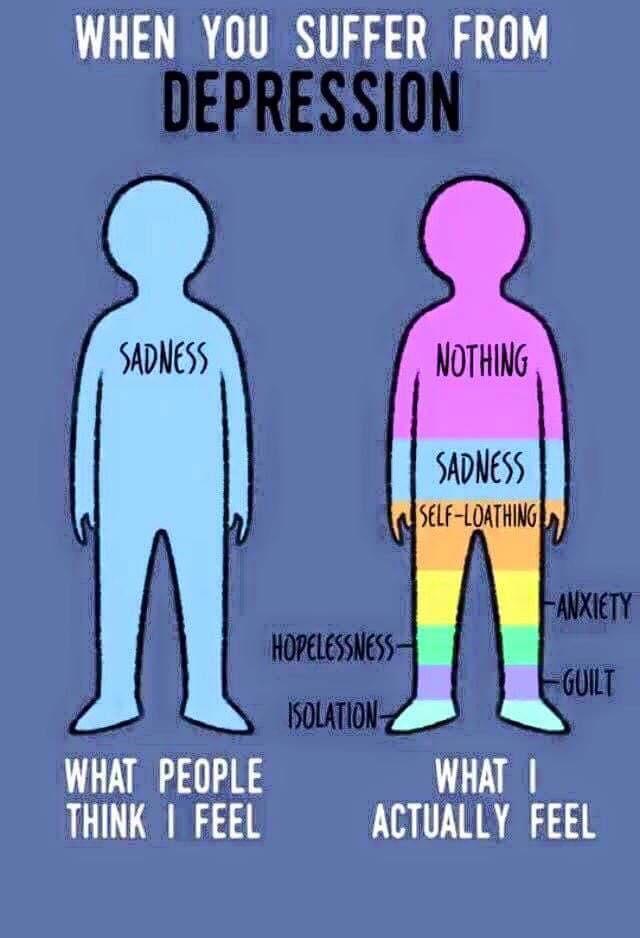 "
"
comprachikos : "Drains the strength of everything that we do not want to do, but are forced to." nine0004
mungojerrie86 : "It happens that you get tired of communicating, and even just being in the company of a person. This person is burdensome, one way or another. You feel out of your element, or something.
There can be many reasons for this, but I I think that the main thing is the need to behave in an unusual way, i.e. pretend, lie, hold back, or something like that.The forces go to this - analysis, guesswork, attempts to meet (a person or his expectations , moment, some own ideas about how to behave, etc.)" nine0004
The statement made in the title leaves no doubt for many. Surely you have often felt completely empty after communicating with a person? And, most surprisingly, the conversation could well have been calm, non-conflict, but, nevertheless, there is a feeling that you were literally squeezed out like a lemon - such a breakdown and devastation. All these sensations are just signs that you have talked with an energy vampire.
All these sensations are just signs that you have talked with an energy vampire.
It's one thing if these are casual contacts, for example, in a store, with passers-by, in an institution - they can be avoided. And if energy vampires surround you at home, at work, are listed as friends and acquaintances? Then your life can turn into a nightmare in which you will constantly feel worse and worse, falling into depression and acquiring diseases of the nervous system. nine0004
How to recognize people - energy vampires? To do this, you need to understand that the goal of such a person, often even unconscious to him, is to draw energy out of you, increase your own tone, gain strength at your expense. To do this, he needs to evoke a certain emotional reaction in you. A variety of methods are used, and not only rudeness, offensive statements, slander, intrigues.
The methods used to unbalance the interlocutor at any cost are so varied that we often do not even know about it. For example, your eternally suffering and aching girlfriend, who regularly cries to you about a hard life and an unhappy fate, is a typical energy vampire, because she loads you with her problems, constantly demanding sympathy and support, and does not want to make at least a small effort to change the situation on her own.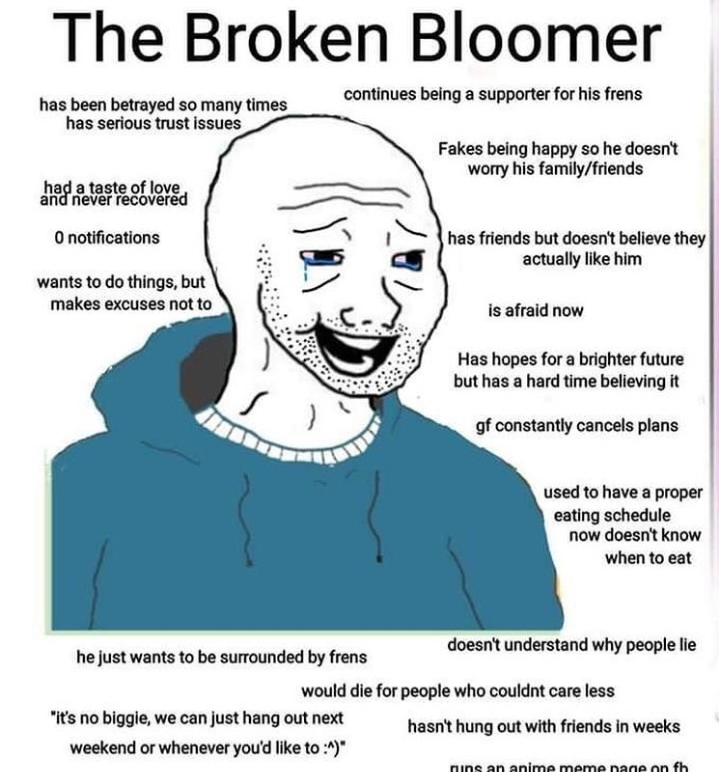 . A boring colleague with whom it is absolutely impossible to solve any problem, a jealous admirer who constantly arranges scenes for you for no reason - these are also vampires. nine0004
. A boring colleague with whom it is absolutely impossible to solve any problem, a jealous admirer who constantly arranges scenes for you for no reason - these are also vampires. nine0004
If you begin to feel inexplicable anxiety and ever-increasing fatigue, headache and an unpleasant feeling of pressure in the process of communication, there is an energy vampire next to you, whose attack you were subjected to. They say that indoor plants and even household appliances feel the presence of energy vampires, so they rarely have indoor flowers in the house and all kinds of appliances break down quite often.
If there are such people among your acquaintances, then think about how much you need to communicate with them. In the end, you yourself form the circle of your acquaintances and friends, so there is no need to communicate with a person who is unpleasant or uninteresting to you. And, even more so, listen to his complaints, problems, delve into his worries and troubles. It will be safer for you not to attract the attention of such people, especially not to enter into friendly relations with them and not react to their speeches. nine0004
nine0004
But, if the energy vampire is your relative, colleague or boss, communication with whom you cannot avoid, then try to control yourself, not get annoyed, do not allow yourself to throw out emotions, because that is what vampires are trying to achieve. On the contrary, you should be able to get away from the conflict, demonstrate indifference and disinterest with all your might, or turn the conversation into a joke. An unplanned and unexpected reaction, such as a smile or laughter, will dampen the energy vampire's interest and cause him to stop attacking you. nine0004
But you yourself should not provoke such an attitude towards you. Do not be frank with strangers, even if they are your old acquaintances, do not complain and do not talk about your troubles and problems, do not share secrets and worries. Otherwise, if you do not see the vampire and open up to him, your problems will only get worse.
Psychics advise when communicating with people who use your strength and energy to use a simple technique: you need to interlace the fingers of both hands and put your folded hands on the solar plexus, and bring your feet together (or just cross your arms and legs). Thus, you seem to form a closed circuit and protect your biofield from psychic attack. And try to mentally erect a barrier for the vampire - it will be very difficult for him to break through it. nine0004
Thus, you seem to form a closed circuit and protect your biofield from psychic attack. And try to mentally erect a barrier for the vampire - it will be very difficult for him to break through it. nine0004
If, nevertheless, an exhausting communication took place and you feel bad, drink warm tea, relax, try to forgive if you were offended. Listen to your favorite music or take a walk among the trees - they draw off negative energy and process it into positive.
The question often arises - where do energy vampires come from, how do they become? Experts say that the roots of the problem are laid in childhood. Vampires are often children from dysfunctional families or who have grown up without love and attention. If a child does not feel love for himself, often hears reproaches addressed to him, he grows up capricious, and with the conviction that you need to take a lot from life and immediately, until no one takes it away. nine0004
Sometimes overly spoiled children become energy vampires, they are used to the fact that the whole world revolves around them, and those around them fulfill their slightest desires.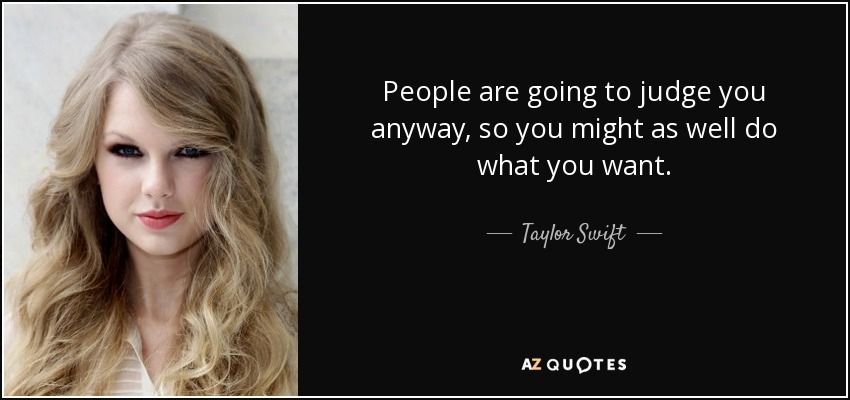 They get used to living at someone else's expense from childhood. So parents with children should pay attention to how they grow up, so that in the future both they and those who will be with your children live easier and more comfortable.
They get used to living at someone else's expense from childhood. So parents with children should pay attention to how they grow up, so that in the future both they and those who will be with your children live easier and more comfortable.
Emptyness is an inner feeling of losing something very significant. A devastated person is called an individual who is deprived of internal strength, and also who has exhausted his mental resources. Often you can hear the following sayings: "for some reason, it's empty inside ...", "something is missing ...". Everyone has had this condition. And it seems that the circumstances are unchanged and everything is as usual, but something is not right. I don’t want anything and it’s not cute, my soul is green in melancholy. In psychology, this state is called emptiness. nine0004
What is emptiness
In psychology, emptiness is interpreted as a state of emotional emptiness, lack of moral strength, as well as the ability to lead an energetic life. The reasons for the occurrence of this state or sensation in an individual can be identified as follows:
The reasons for the occurrence of this state or sensation in an individual can be identified as follows:
- excessive demands. When a person makes high demands on himself or on other individuals, for example, a wife to her husband or vice versa, a mother to a child, a boss to subordinates. The inability to adequately evaluate oneself or others, expecting something better, setting unrealistic, unattainable goals ends with the individual not getting what he wants. His needs are not met, his dreams are not fulfilled, his expectations are not justified. The result is emotional emptiness; nine0004
- life routine. In life, we do not have so many holidays. Most of our daily activities. Work, family, study - a standard set. Ideally, work is a place where an individual is engaged in a business that gives him pleasure, and money is also paid for this, vacation is paid and a bonus is given. The family will always support and understand. But life is different;
Work may be favorite, but the boss is a tyrant, turns it into a living hell, not everything is going smoothly in the family either, and every day the same thing is repeated.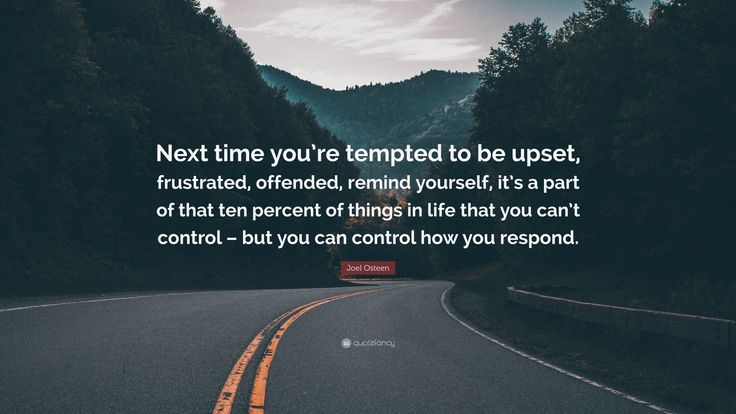 Then a person forgets about his needs, about spiritual growth, self-development, about the good aspects of life and plunges headlong into gray everyday life. Therefore, life begins to seem empty and aimless to him. nine0004
Then a person forgets about his needs, about spiritual growth, self-development, about the good aspects of life and plunges headlong into gray everyday life. Therefore, life begins to seem empty and aimless to him. nine0004
– environment. Everyone knows such a simple pattern: "Tell me who your friend is, and I will tell you who you are." The environment of a person significantly affects the way of life, his views and tastes. If life began to seem empty and meaningless, you need to check your surroundings. If a person is surrounded by people without a goal and hobbies, who consider their life meaningless, then, most likely, he will think the same way;
Bad habits also contribute to the appearance of a feeling of emptiness and aimlessness. They not only harm the body, but also undermine spiritual health. Bad habits include not only cigarette smoking or drug use, but also computer games, excessive social networking. nine0004
Virtual life dulls the sense of reality, steals a lot of time, makes you dream of easy money, a beautiful life. In return, in order to achieve something in life, to develop, to be useful, a person spends time on aimless sighs and regrets.
In return, in order to achieve something in life, to develop, to be useful, a person spends time on aimless sighs and regrets.
One must always remember that the state of emptiness is subjective and can always be overcome.
How to get rid of feelings of emptiness
There are several ways to get rid of emotional emptiness. nine0004
First, think about how long you stay in this mood. If not for long, then you need to analyze what events or individuals caused this. Perhaps you yourself are doing something wrong and understand that it should be corrected.
There is no specific recipe for getting rid of the feeling of emptiness, but there are methods that really work. To do this, you need to fill your life with love, as well as care. A person surrounded by close and loving people is more stress-resistant and emotionally stable. nine0004
It is important to spend more time in an environment where you are truly loved, cared for and genuinely cared for. These include close friends, parents, husband, wife, children. Time devoted to loved ones will strengthen relationships, make them stronger and deeper, and fill every minute of life with meaning. But with individuals who suppress, cause feelings of guilt, emptiness and dissatisfaction, communication should be minimized.
Time devoted to loved ones will strengthen relationships, make them stronger and deeper, and fill every minute of life with meaning. But with individuals who suppress, cause feelings of guilt, emptiness and dissatisfaction, communication should be minimized.
The next way to get rid of emotional emptiness is to revive the social circle. You can make new friends, enter into a close relationship with a new partner. Or if there is a loved one, then you need to try to bring something new, unusual into the relationship. This will make you open up in a new way and open up new sides in your partner. At an age when the social circle has already been established, it is harder to make new acquaintances and relationships. But it’s better to train yourself to say “yes” to new invitations, offers and people more often, because if you leave everything the same, then how can you expect improvements in life? nine0004
A four-legged friend will help you get rid of the feeling of emptiness. With the advent of a pet, a person's life changes, it becomes more meaningful and meaningful. Research scientists have proven that people with pets are less likely to experience feelings of loneliness and dissatisfaction with life. The very fact that a four-legged friend is waiting at home, who is completely dependent on care and attention, who is sad when the owner leaves, and immensely rejoices at the return, fills life with meaning. Currently, there are a lot of homeless animals, and by taking a homeless kitten or puppy into your care, you can do good to yourself and to him. Life will take on a new meaning, and the animal will receive a home and a loving owner. nine0004
Research scientists have proven that people with pets are less likely to experience feelings of loneliness and dissatisfaction with life. The very fact that a four-legged friend is waiting at home, who is completely dependent on care and attention, who is sad when the owner leaves, and immensely rejoices at the return, fills life with meaning. Currently, there are a lot of homeless animals, and by taking a homeless kitten or puppy into your care, you can do good to yourself and to him. Life will take on a new meaning, and the animal will receive a home and a loving owner. nine0004
No matter how trite it may sound, but when a person becomes kinder, he eventually receives what he radiates. You can walk immersed in gloomy thoughts, delving into your own feelings and problems, but this will not bring good results. Better to take a break from yourself and think about others. You can help your grandmother cross the road, buy flowers for your mother just like that, get a ball from a tree for a child, donate money for the treatment of a seriously ill person and immediately feel more significant and needed. Famous people who do charity work admit that their lives have completely changed and have acquired a new meaning. After all, a good deed brings joy not only to others, but also to the person himself. nine0004
Famous people who do charity work admit that their lives have completely changed and have acquired a new meaning. After all, a good deed brings joy not only to others, but also to the person himself. nine0004
The answer to the question “why?” will help to get rid of the feeling of emptiness. The ability to reflect and find the cause is very important for a person, so it is important to answer the question “why do I feel empty?”
By talking to a close friend, you can get an objective view from the outside, as well as friendly, indispensable advice in everyday life. If there is no one to talk openly with, you can turn to a psychologist.
A psychologist is a qualified specialist in solving personal problems. He will help you understand the problem, as well as tell you how you can positively change your life. But if the feeling of emptiness has turned into, then the help of a psychotherapist is required. nine0004
To get rid of the feeling of emptiness, you need to learn to look for meaning in every day you live.


